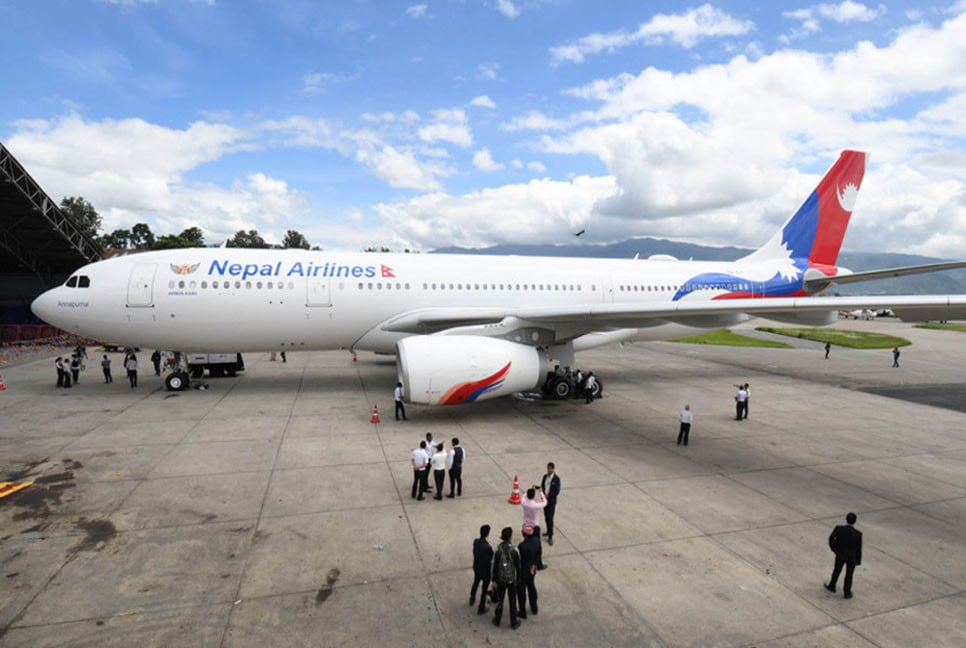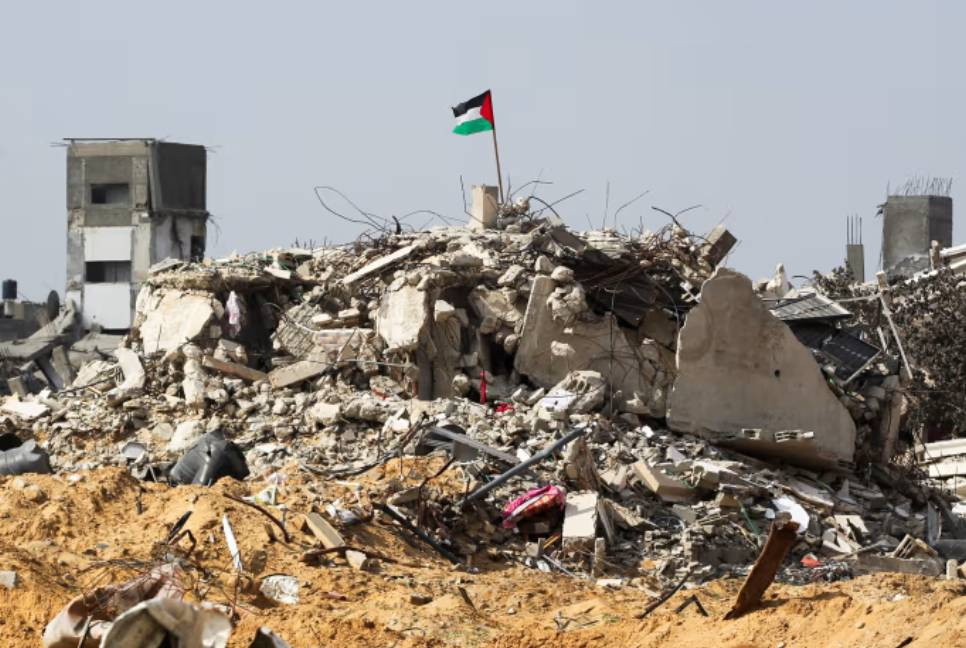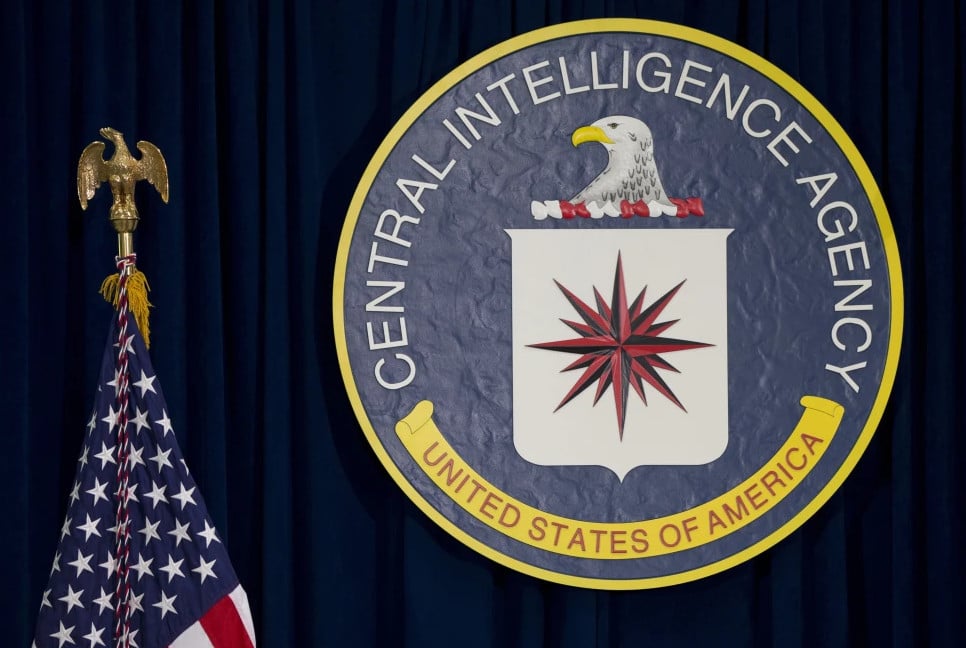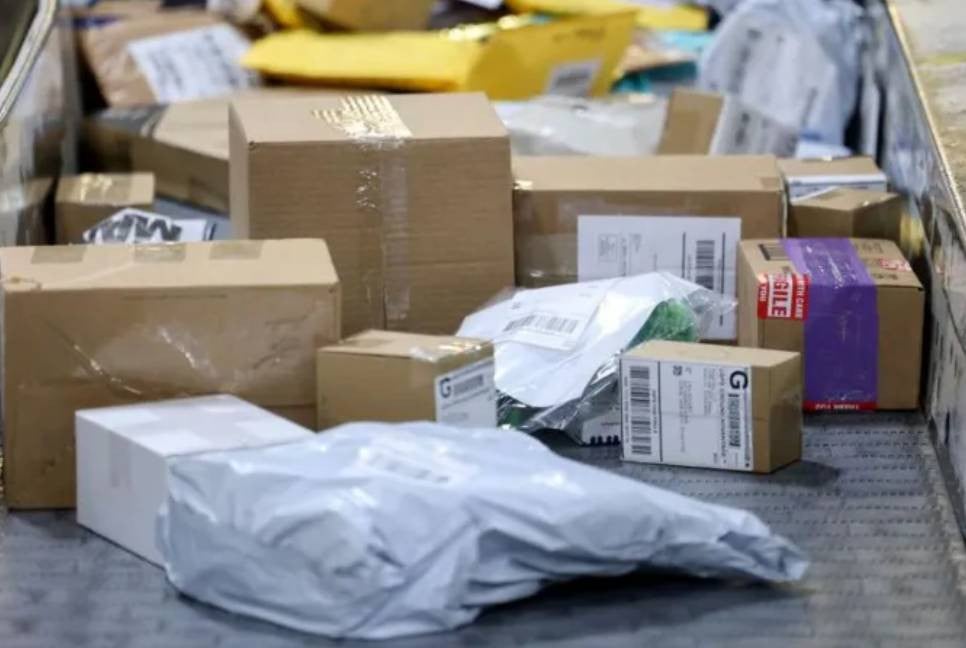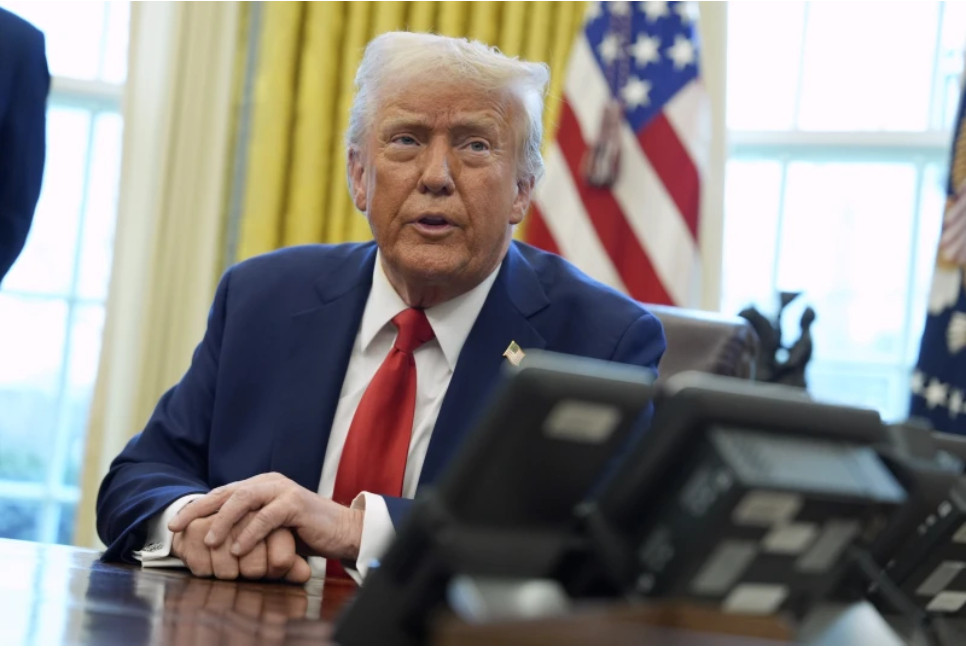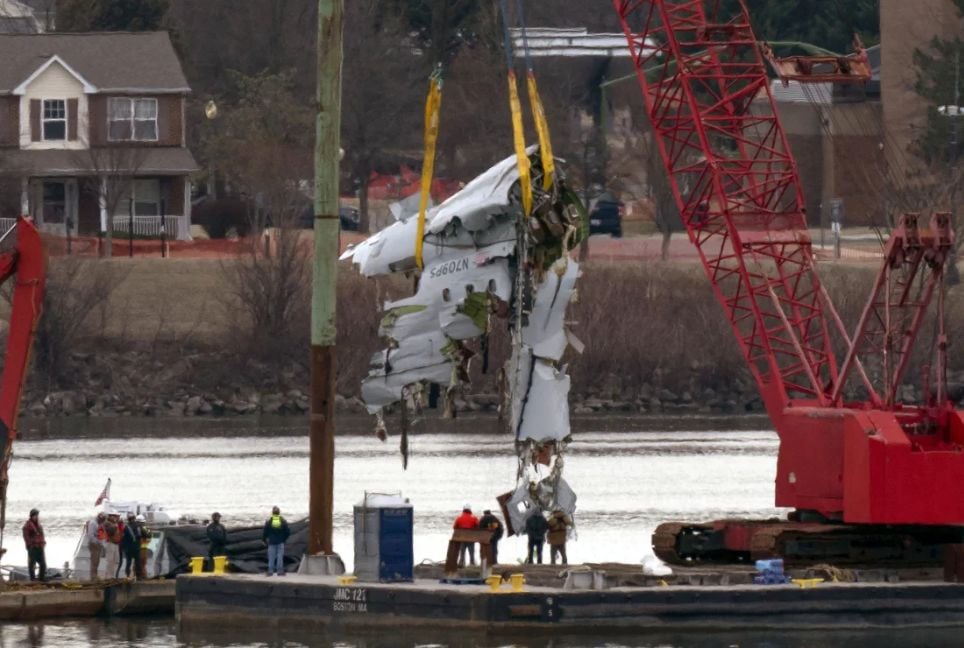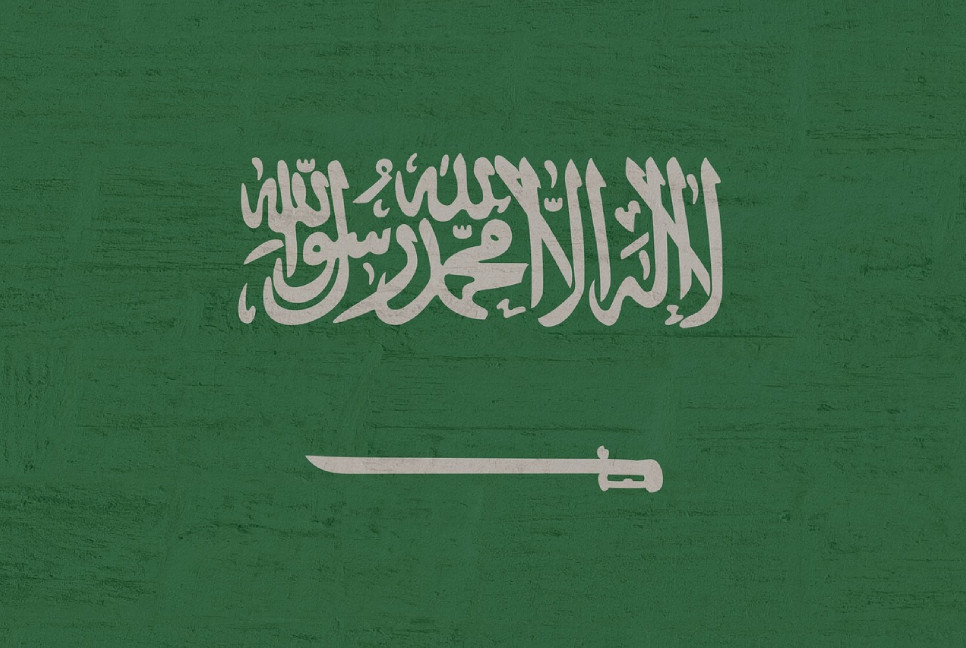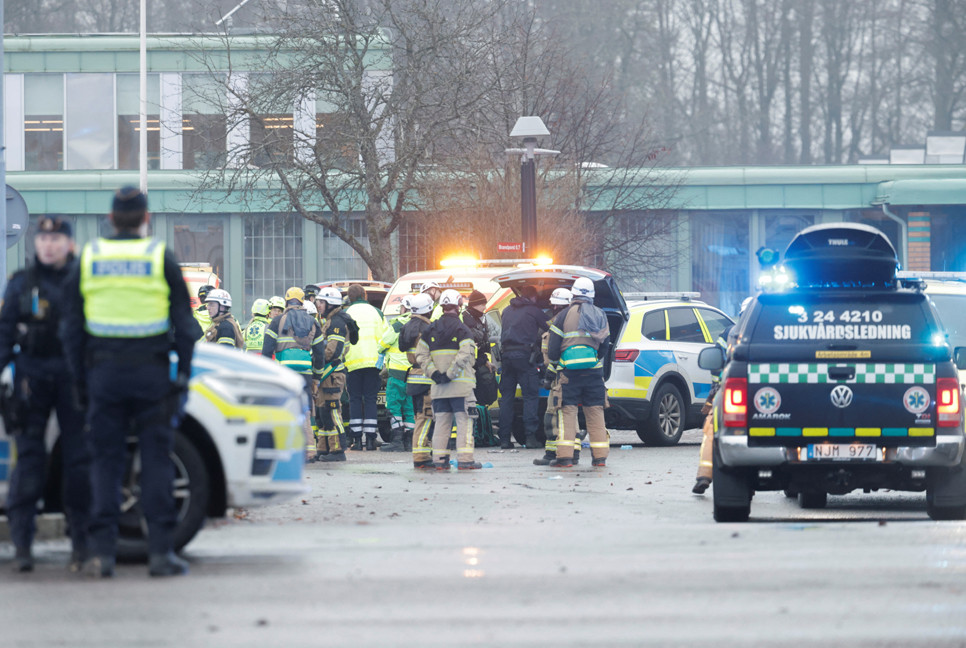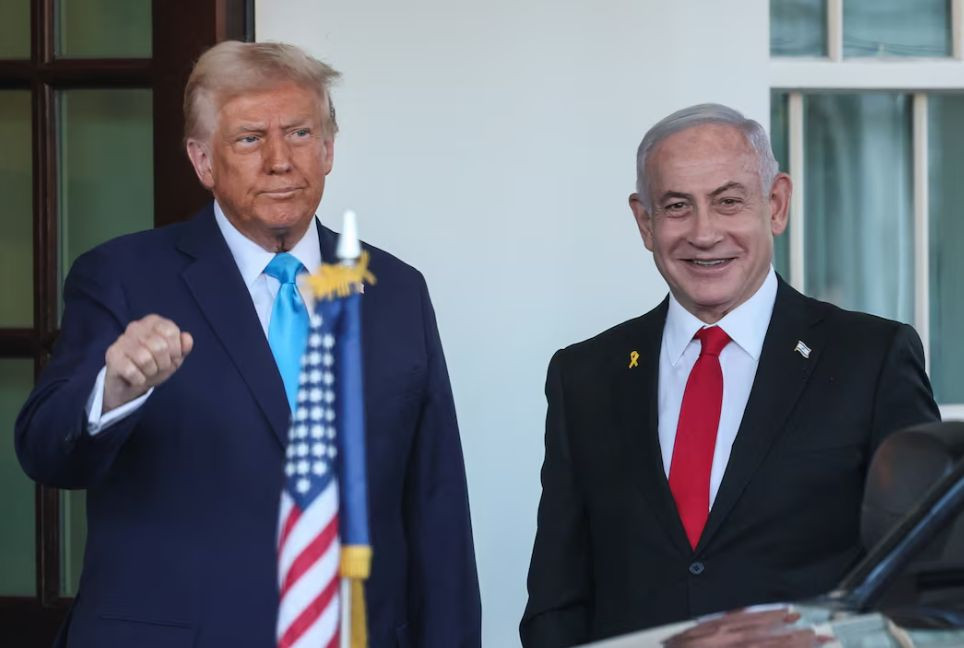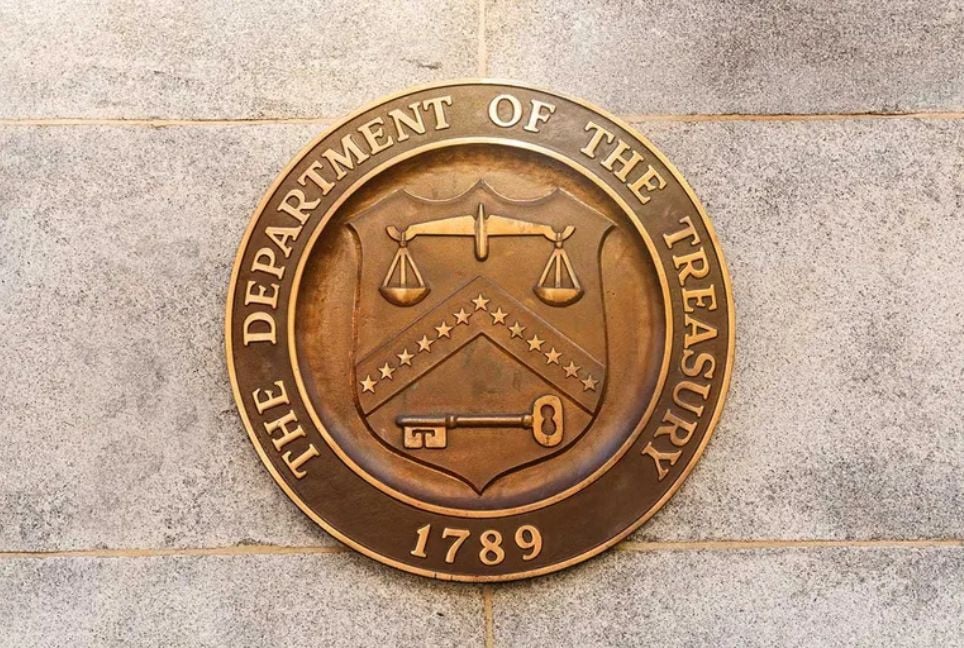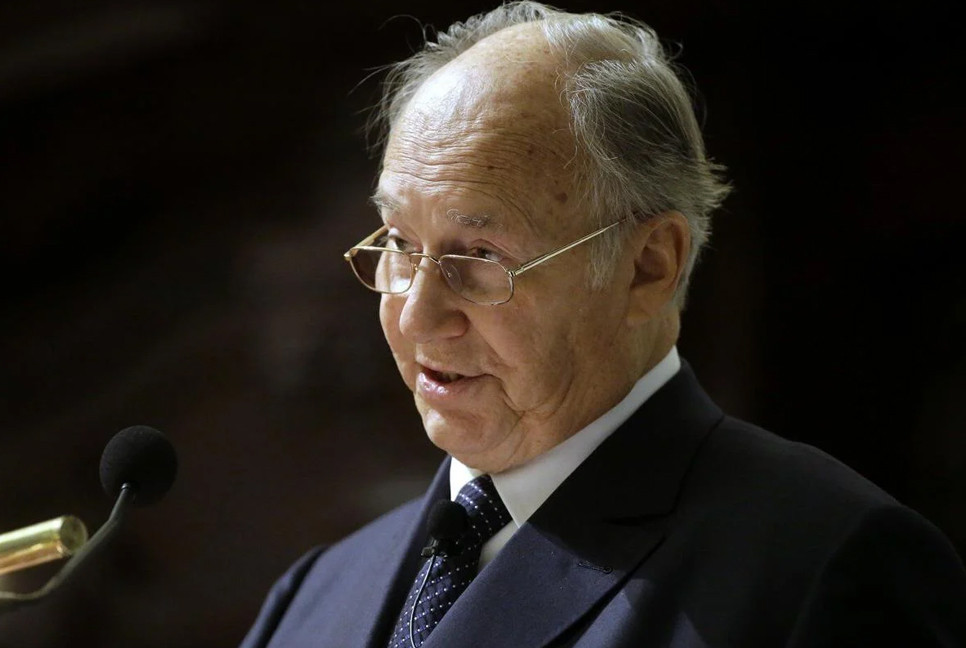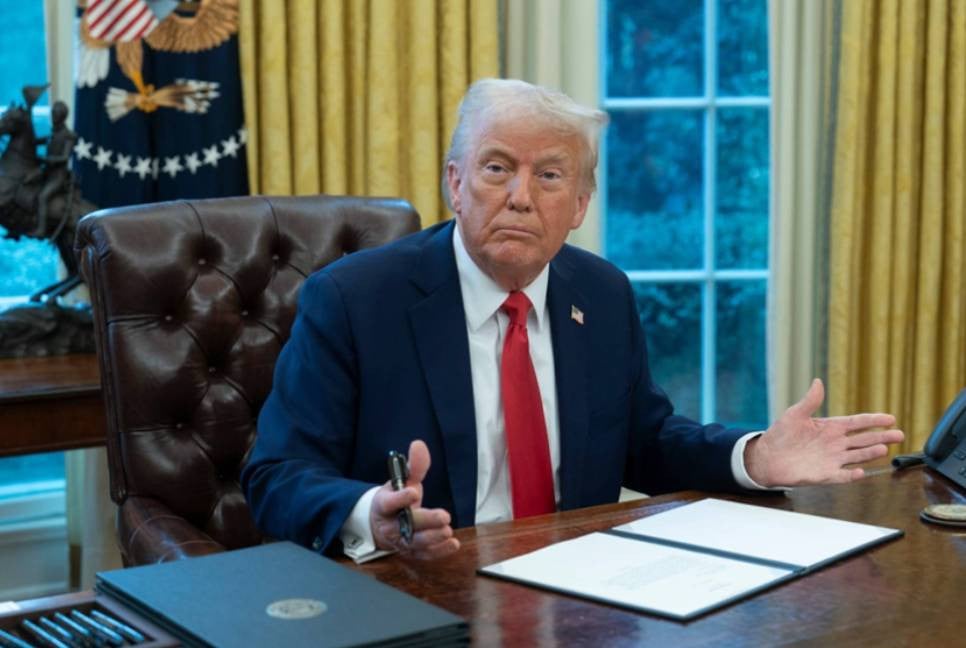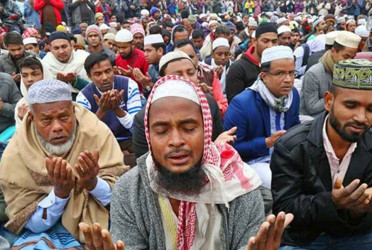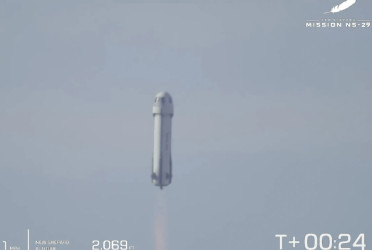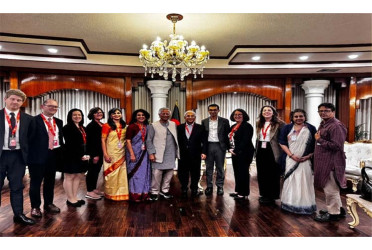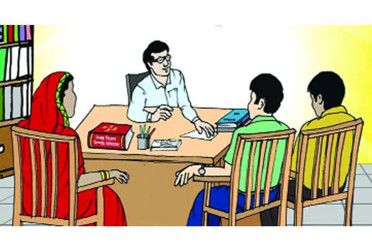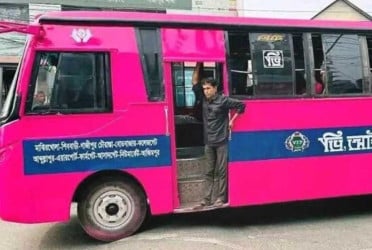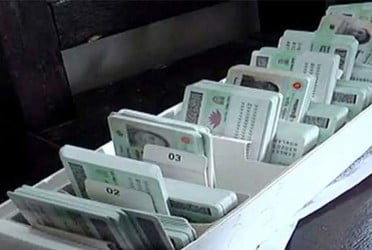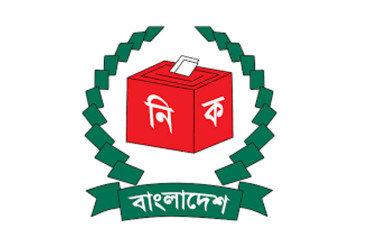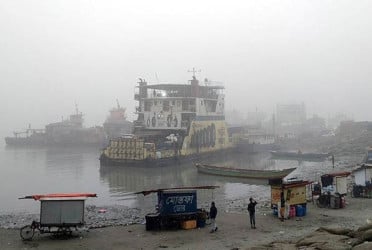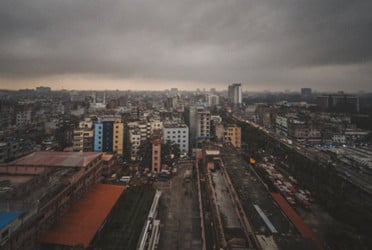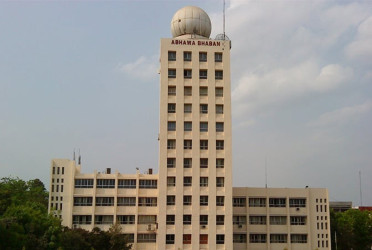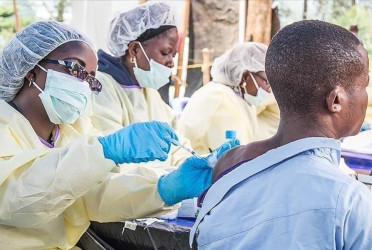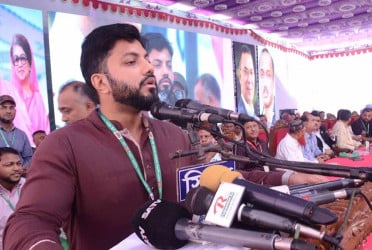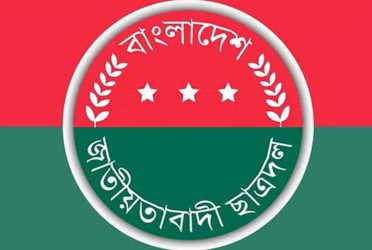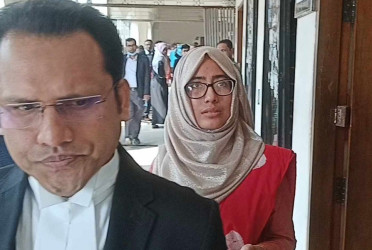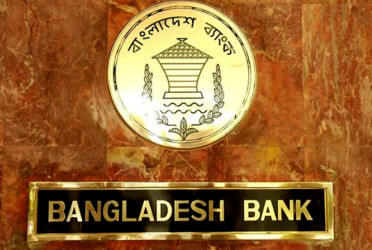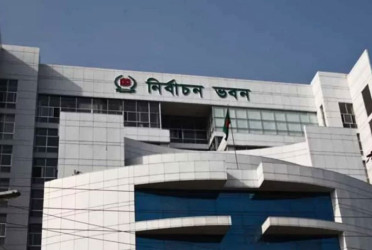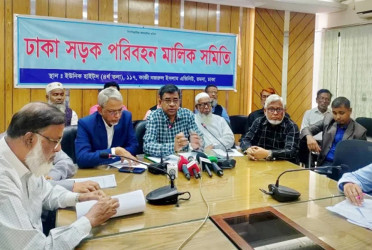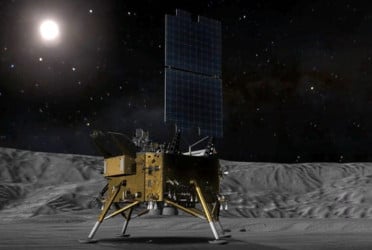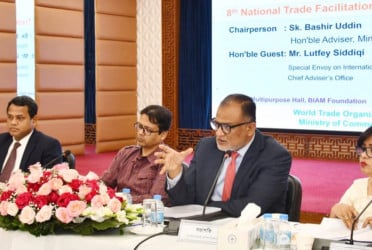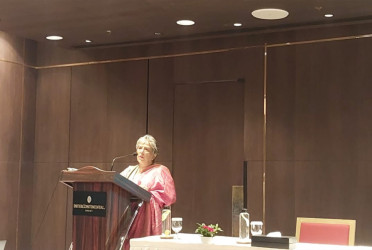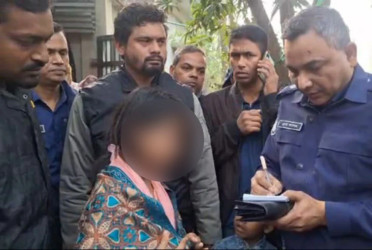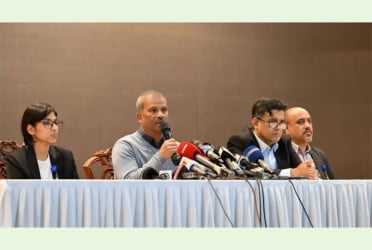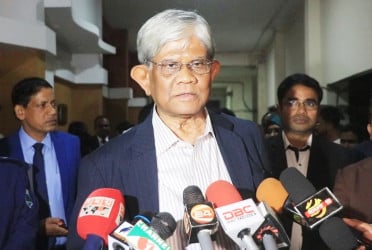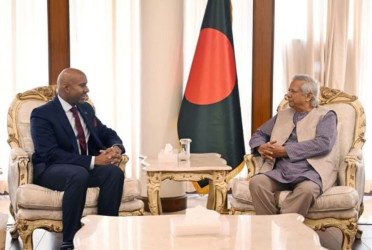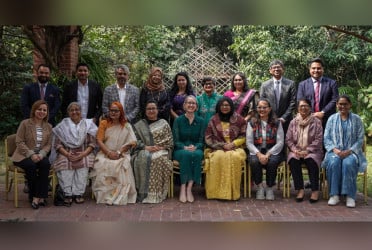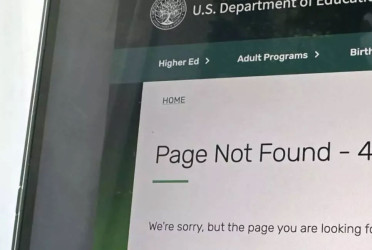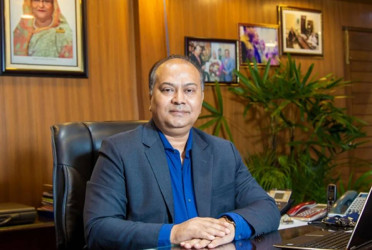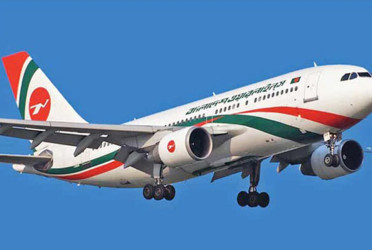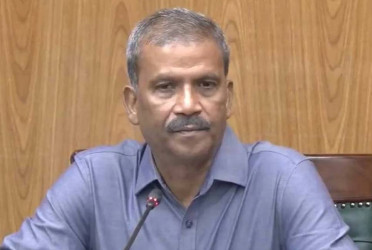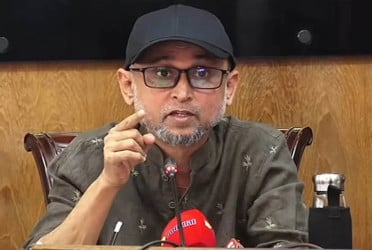The notorious Nepal Airlines Airbus procurement case, involving corruption over the purchase of two Airbus A330s in 2017, remains far from resolved. On Thursday, the Special Court convicted 11 individuals, including four senior Nepali officials, in connection with the deal that allegedly cost the government a loss of Rs1.47 billion ($13.38 million). While the court has delivered its verdict, the case continues to unfold, with investigations still ongoing and questions lingering about the extradition of foreign convicts; Kathmandu Post published the report on Saturday.
Among the convicted were Sugat Ratna Kansakar, the former managing director of Nepal Airlines, who was sentenced to two years and nine months in prison, and former tourism secretary Shankar Adhikari, who received a sentence of one year and nine months. Both were ordered to forfeit Rs122.59 million. Other board members from Nepal Airlines, including former finance secretary Shishir Kumar Dhungana and tourism joint secretary Buddhi Sagar Lamichhane, also received sentences of one year and six months, with the same financial penalties.
Foreign nationals implicated in the scandal, including Deepak Sharma, a former executive of US-based AAR, and officials from aviation firms like Hi Fly X Ireland Limited and German Aviation Capital, were also convicted. They face similar sentences and financial forfeitures. The court emphasized that the procurement process, which saw Nepal Airlines purchase second-hand aircraft disguised as new, was riddled with irregularities, costing the state millions.
Despite the convictions, the Special Court emphasized that the case is still open. Investigations into foreign nationals and the broader network of involved parties continue, with ongoing cases in other countries. A key development emerged from Deepak Sharma’s admission in the US, where he pleaded guilty to bribing Nepali officials. However, his case in the US court is still pending, and Nepal authorities are waiting for the outcome before proceeding with further actions against him.
Gyanendra Raj Regmi, spokesperson for the Special Court, confirmed that the Commission for Investigation of Abuse of Authority (CIAA), Nepal’s anti-graft body, has been directed to probe Sharma further. "This case is not closed. We are waiting for developments from international investigations, including in the US, before finalizing any additional actions,” Regmi said.
One of the most pressing issues in this case is the potential extradition of foreign convicts. While the court has ordered penalties and sentences for foreign nationals involved, it remains unclear how these individuals, based in countries like the US, Germany, Portugal, and Romania, will face justice in Nepal. Regmi noted that Nepal could issue international arrest warrants and utilize Interpol if necessary.
However, the complexity of extraditing foreign nationals is tied to the existence of mutual legal assistance treaties (MLATs) between Nepal and the countries involved. If these agreements are in place, authorities can work together to share evidence and request extraditions. But in the absence of such treaties, Nepal may struggle to enforce the sentences.
"If both the countries are signatories to MLATs, cooperation is possible. Otherwise, we have to rely on letters rogatory to seek judicial assistance from the countries where the accused are based," Regmi explained.
The case involving Sharma highlights the difficulty of pursuing international justice. Though Sharma pleaded guilty in the US, Nepal's ability to carry out the financial penalties or execute his sentence remains uncertain.
The case centers on the purchase of two Airbus A330 aircraft by Nepal Airlines in 2016, a deal worth $209.6 million. Investigations revealed that the aircraft, which were marketed as new, were in fact second-hand, resulting in a loss of $6.78 million (Rs74.58 million). Moreover, the deal was marred by a "escalation condition" in the contract, allowing for price hikes that appear to have been a mechanism for kickbacks to Nepali officials.
Documents from the US court reveal close ties between the Nepal Airlines officials and Sharma, with emails showing an early collaboration to rig the bidding process and secure the deal with Airbus. These officials allegedly manipulated key specifications of the aircraft to benefit financially from the deal.
Kansakar, who has been identified as the mastermind of the scam, was central to the procurement process, which began in August 2015. He was later involved in discussions about modifying the specifications of the planes, allowing for a significant cost difference between what was paid for and the actual value of the aircraft.
As the investigations into the corruption scandal continue, questions about accountability, both domestically and internationally, remain unanswered. While the Special Court has delivered its verdict, many issues still need resolution, particularly when it comes to the enforcement of sentences for foreign nationals. The role of international cooperation, especially through extradition treaties and mutual legal assistance, will likely determine how this case ultimately concludes.
As for the convicted Nepali officials, the court’s sentences serve as a reminder of the ongoing efforts to combat corruption in Nepal, though many challenges remain in bringing all the culprits to justice.
Bd-pratidin English/ Jisan

